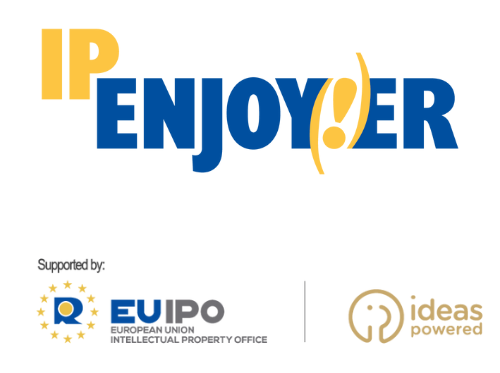I principali rischi per un creativo nell’uso di strumenti di Intelligenza Artificiale
17 Ottobre 2024Avviso di selezione per l’individuazione di 15 aziende dei settori legno-arredo interessate a partecipare al progetto europeo Cradle-ALP
28 Ottobre 2024 Artificial intelligence (AI) is a powerful tool for creatives, offering new possibilities for expression and accelerating production processes. However, using these technologies also involves some significant risks that are important to understand in order to avoid legal, ethical, and creative issues. Here are the main risks a creative might face when using AI tools:
Artificial intelligence (AI) is a powerful tool for creatives, offering new possibilities for expression and accelerating production processes. However, using these technologies also involves some significant risks that are important to understand in order to avoid legal, ethical, and creative issues. Here are the main risks a creative might face when using AI tools:
- Violation of Intellectual Property
One of the most immediate risks is the possibility of violating third-party copyright. AI tools often rely on large amounts of pre-existing data (images, music, text) to generate new content. However, the line between “inspiration” and “plagiarism” can be thin. For example, software that generates artistic images could unintentionally recreate elements similar to copyrighted works, leading to potential legal action.
- Ambiguity Over Copyright
Another significant risk is the ambiguity regarding who holds the copyright for works created with AI. Current intellectual property laws are not entirely clear on who the rightful author of a machine-assisted work is. If a work is almost entirely produced by AI software, who is the author: the user who provided the input, the software developer, or no one at all? This lack of clarity can lead to legal disputes.
- Loss of Originality
One of the creative risks is the potential compromise of originality. AI tools tend to rely on existing models to generate content, which could lead to the creation of works that replicate already existing styles or trends. This might reduce the creative’s ability to produce truly innovative and distinctive works, causing a “homogenization” of creativity.
- Technological Dependence
AI can become a “shortcut” for many creatives, simplifying or automating complex tasks. However, the risk of developing a dependency on these tools is real. Over-reliance on AI could hinder the development of traditional creative skills and limit the artist’s personal growth.
- Ethical Issues
The use of AI also raises ethical questions. For example, if a work created with AI is based on data from other people’s content without consent, the artist could become involved in an ethical issue over the misuse of others’ resources. Moreover, the same work could be exploited by others without proper protection, creating a scenario of unregulated exploitation.
For creatives, being aware of these risks and adopting protective measures, such as thoroughly understanding usage licenses and intellectual property laws, is essential to preserve the integrity of their work and ensure that AI remains a tool and not a hindrance to creativity!In recent years, artificial intelligence (AI) has revolutionized various creative industries, from art to music, writing, and design.
IP Enjoy(!)er is a project co-funded under the EUIPO Ideas Powered GR/003/23 programme.
